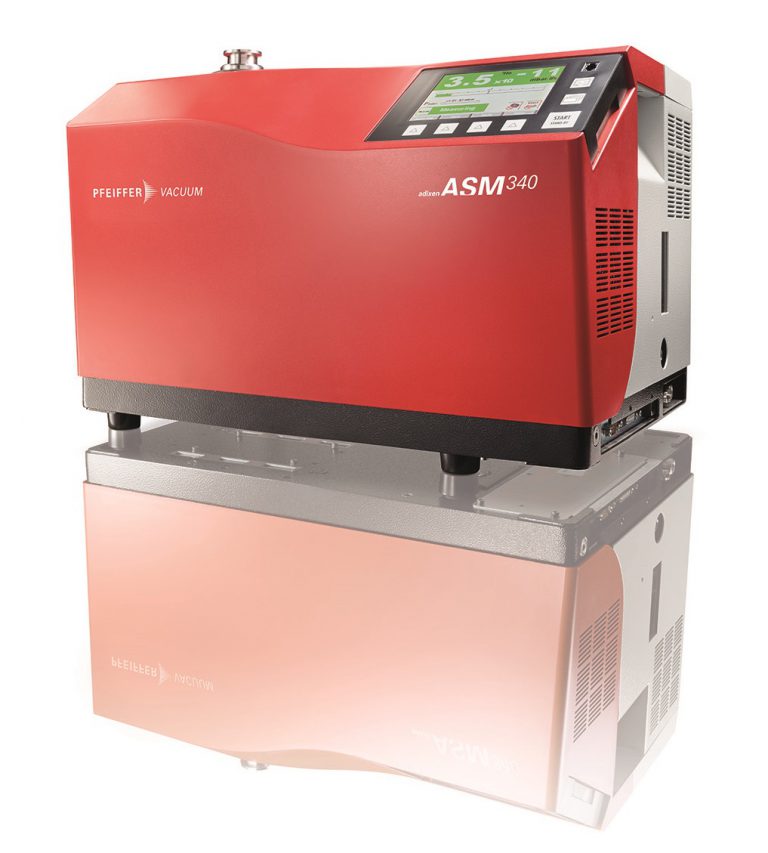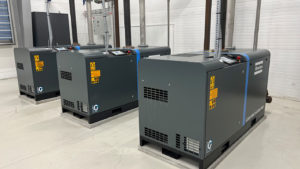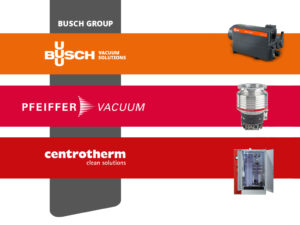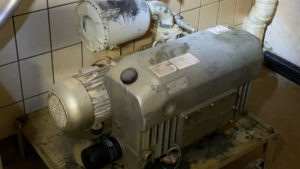Pfeiffer Vacuum Supplies Leak Detectors for the World’s Largest and Most Powerful Particle Accelerator

Pfeiffer Vacuum ASM 340. (Image source: Pfeiffer Vacuum GmbH)
Its main business is fundamental physics – finding out what the universe is made of and researching the basic constituents of matter.The particle accelerator LHC (Large Hadron Collider) has a circumference of some 27 kilometers and collides proton or ion beams at nearly the speed of light. The LHC is the largest vacuum installation on Earth with thousands of welds, flanges, feedthroughs and complex internal circuits.
For the accelerated particles to travel in beam lines, ultra-high vacuum (UHV) is essential. To maintain such a very low pressure it is crucial to keep the leak rates as low as possible. The most advanced leak detector technology from Pfeiffer Vacuum has been chosen by CERN. Andreas Schopphoff, Head of R&D Market Segment: “The cooperation between CERN and Pfeiffer Vacuum is based on many years of working together in a spirit of trust. We are very proud that our advanced leak detection technology has been chosen once again for its future projects.”
The leak detector ASM 340 is an easy to operate device that can detect leaks down to < 5 x 10-13 Pa m³/s. With a built in backing pump of 15 m³/h small as well as big volumes can be leak tested. The patent pending functionality makes it possible to start at 100 hPa which can be very convenient for such a big installation like the LHC. Furthermore, the leak detector is so compact that it can be easily maneuvered underneath the cryostats and beam lines of the LHC.
Nowadays helium leak detectors are based on a patented design from Dr. Becker at Pfeiffer Vacuum who proposed to use a turbopump as a kind of filter and safety element in front of a mass spectrometer. At the time, CERN was one of the first customers to buy this innovative technology and has continued to be a major user of Pfeiffer Vacuum products to this day. Generating the vacuum inside the LHC, measuring it and analyzing the partial pressure requires comprehensive vacuum technology, a major part of which is being supplied by Pfeiffer Vacuum.
CERN was founded in 1954 and now employs around 2500 staff and hosts more than 10,000 visiting scientists from all over the world.
Source: Pfeiffer Vacuum GmbH







